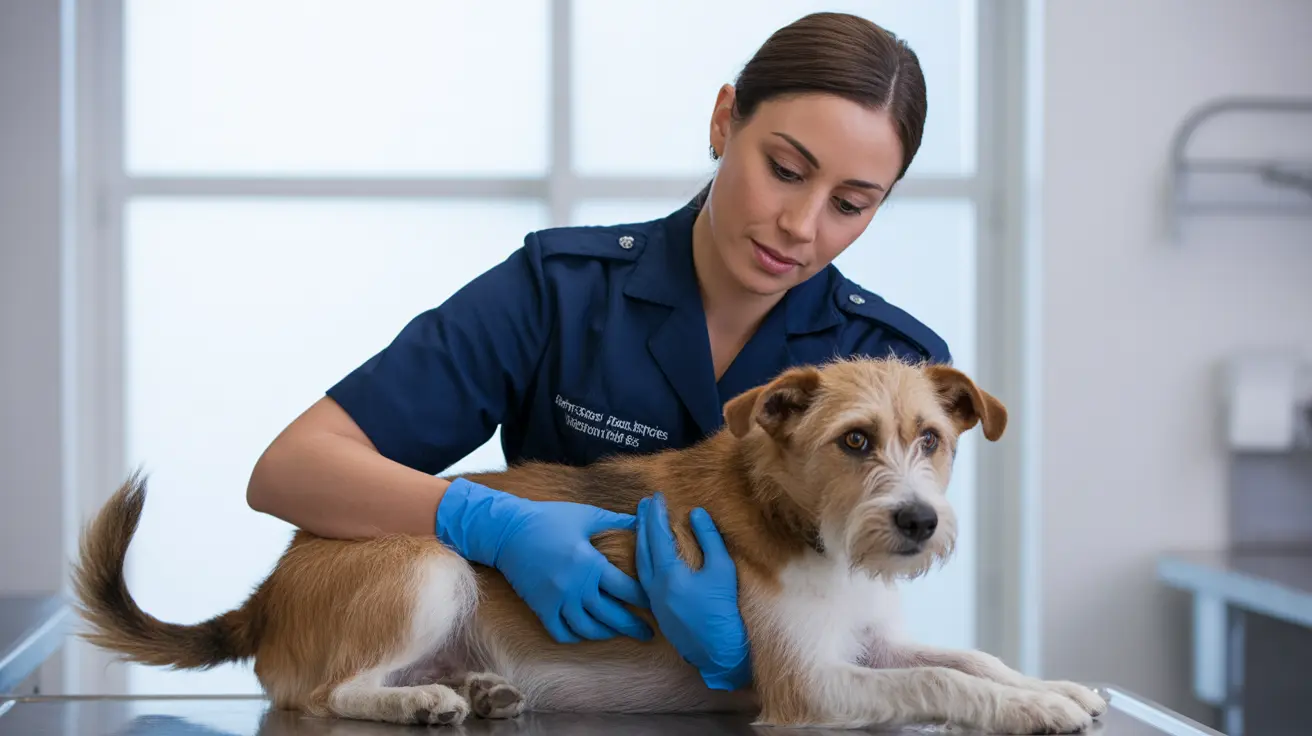When a young cat suddenly becomes lethargic and weak, it's natural for pet parents to feel concerned. While cats are known for their long naps, an abrupt change in energy levels – especially in kittens or young cats – often signals an underlying health issue that requires attention. Understanding the causes, recognizing warning signs, and knowing when to seek veterinary care can make all the difference in your pet's recovery.
In this comprehensive guide, we'll explore the most common reasons for sudden lethargy in young cats, identify red-flag symptoms, and provide crucial information about when to seek emergency care.
Common Causes of Sudden Lethargy in Young Cats
Infections and Parasites
Parasitic infections are among the leading causes of weakness in young cats. Intestinal worms can cause severe nutrient deficiencies and anemia, leading to dramatic energy loss. Similarly, viral and bacterial infections like Upper Respiratory Infections (URIs) or Feline Leukemia Virus (FeLV) can quickly drain a cat's vitality.
Metabolic and Systemic Issues
Young cats can experience sudden weakness due to metabolic problems such as hypoglycemia (low blood sugar) or early-stage diabetes. These conditions can rapidly escalate from mild lethargy to life-threatening situations if left untreated.
Critical Warning Signs
Physical Symptoms
- Pale or yellowing gums
- Rapid or labored breathing
- Loss of appetite or thirst
- Vomiting or diarrhea
- Unusual vocalization or crying
- Hidden pain indicators like squinting or hunching
Behavioral Changes
- Withdrawal from social interaction
- Reluctance to move or play
- Extended periods of sleeping
- Difficulty walking or jumping
- Loss of interest in favorite activities
When to Seek Emergency Care
- Complete collapse or inability to stand
- Severe breathing difficulties
- Prolonged food or water refusal
- Signs of dehydration
- Extreme weakness or unresponsiveness
Prevention and Home Care
- Keep your cat warm and comfortable
- Ensure fresh water is easily accessible
- Monitor breathing and responsiveness
- Document symptoms and their progression
- Avoid home remedies without veterinary approval
Frequently Asked Questions
What are the most common causes of sudden lethargy and weakness in a young cat?
The most common causes include parasitic infections, viral illnesses, bacterial infections, dehydration, and metabolic disorders. Sometimes, recent vaccinations or medications can also cause temporary lethargy.
How can parasitic infections make a young cat suddenly lethargic and weak?
Parasites like intestinal worms steal nutrients from your cat and can cause anemia by feeding on blood. This nutrient and blood loss leads to weakness, fatigue, and lethargy. Young cats are especially vulnerable to these effects.
When should I seek emergency veterinary care if my young cat is suddenly weak and lethargic?
Seek immediate emergency care if your cat shows severe weakness, collapse, difficulty breathing, pale gums, prolonged food refusal, or if lethargy is accompanied by vomiting, diarrhea, or other concerning symptoms.
Can recent vaccinations cause temporary lethargy in kittens or young cats?
Yes, mild lethargy for 24-48 hours after vaccination is normal. However, if lethargy persists longer or is accompanied by other symptoms, contact your veterinarian.
What symptoms alongside lethargy in a young cat indicate a serious underlying health problem?
Serious warning signs include difficulty breathing, pale or yellow gums, complete loss of appetite, severe vomiting or diarrhea, collapse, and unresponsiveness. These symptoms require immediate veterinary attention.
Conclusion
Sudden lethargy in young cats should never be ignored, as it often indicates an underlying health issue requiring professional attention. While some causes may be minor, others can be life-threatening if left untreated. When in doubt, always consult with your veterinarian to ensure your young cat receives appropriate care and returns to their playful, energetic self.






